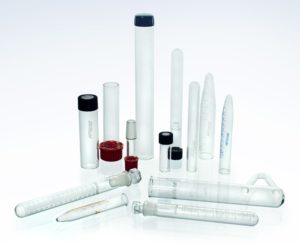Glass Tubes
Test tubes and culture tubes, made from durable borosilicate 3.3 glass, are essential for chemical handling, solution storage, and culture growth.
MEDILAB offers a variety of glass tubes, including test, culture, and centrifuge tubes, all resistant to chemicals, autoclavable, and designed for clear content monitoring.
Showing all 8 results
-
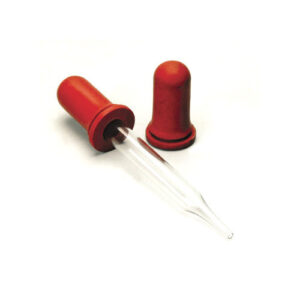
Glass Dropper, with Rubber Teat
SKU: 11031.2
Read more -
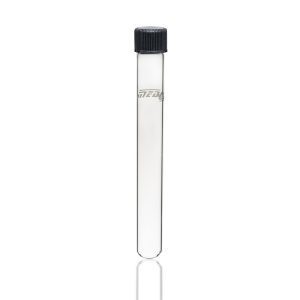
Tubes Culture Media, Round Bottom
SKU: 11200
Read more -
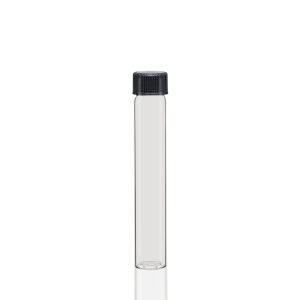
Tubes Culture Media, Flat Bottom
SKU: 11201
Read more -
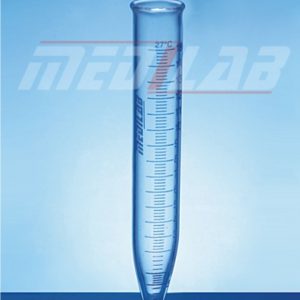
Centrifuge Tubes, Conical Bottom Graduated
SKU: 11202
Read more -
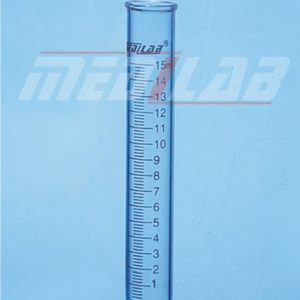
Centrifuge Tube, Round Bottom, Graduated
SKU: 11203
Read more -
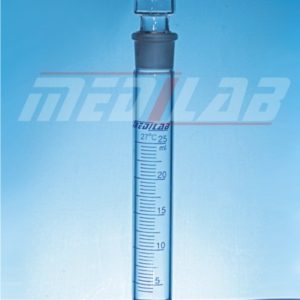
Test Tube, with Interchangeable Stopper, Graduated
SKU: 11204
Read more -
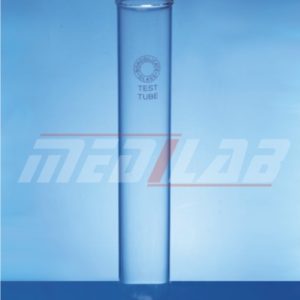
Test Tubes
SKU: 11205
Read more -
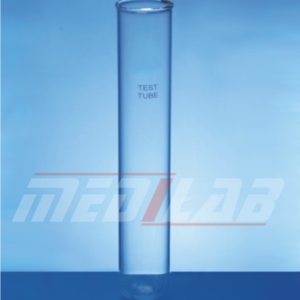
Test Tube, Borosilicate Glass
SKU: 11206
Read more


